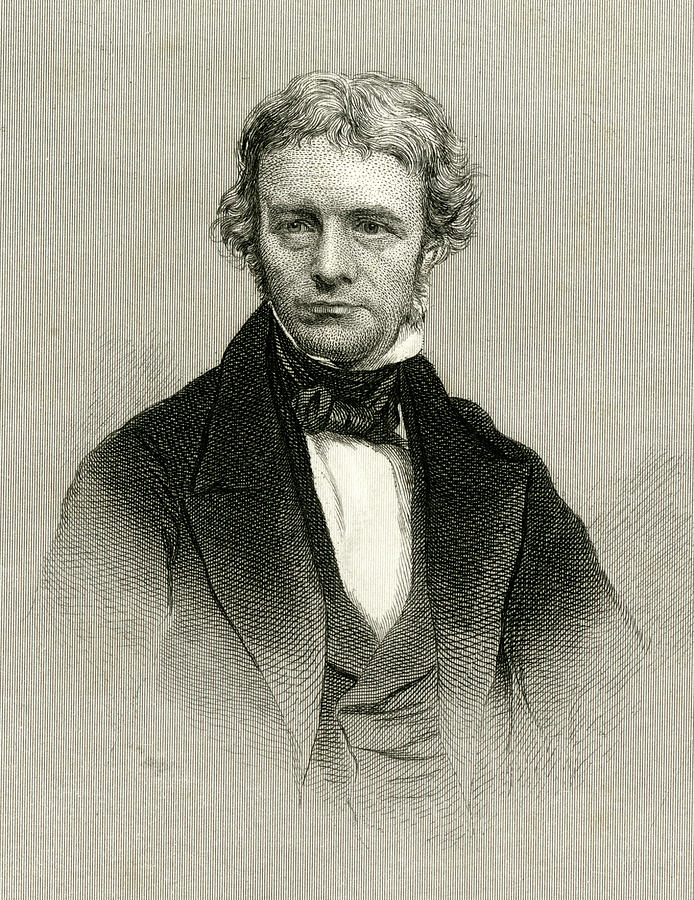


Instead, writes the author, it is the work of ambitious men-yes, men-out for fame, glory and profit. of Cambridge Scientists Anonymous: Great Stories of Women in Science, 2007, etc.) aims to correct the romantic notion that science reflects the progress of noble heroes and selfless discoverers. «An engaging book.Fara (History and Philosophy of Science/Univ. «An impressive and commendable effort to square the circle, to tell science's history, from the beginning.» Martin D. «Wide-ranging and provocative.Romps through history at a terrific rate.» The Economist «Epic history of science» Jo Marchant, New Scientist It is a book to provoke thought and argument.

Jusiciously and fairly handled.The narrative moves forward in an engaging way, while the enthusiasm and opinions of theĪuthor are never far from the surface. «Review from previous edition Fara's book could not be more wide-ranging, beginning the quest to take the story of scienceĪs far back as she story of science as far back as she possibly can, and ending bang up to date. «a surprise and a subversive pleasure» Tim Radford, Guardian: Science Bookclub The world, from China to the Islamic empire, as well as the more familiar tale of science in Europe, fromĪbove all, this four thousand year history challenges scientific supremacy, arguingĬontroversially that science is successful not because it is always right - but because people have said that it is right. She also ranges internationally, illustrating the importance of scientific projects based around Illuminating the financial interests, imperial ambitions, and publishing enterprises that have made science the powerful global Sweeps through the centuries, from ancient Babylon right up to the latest hi-tech experiments in genetics and particle physics, To earn their living, who made mistakes, and who trampled down their rivals in their quest Than glorifying scientists as idealized heroes, she tells true stories about real people - men (and some women) who needed Theories, Patricia Fara shows how science has always belonged to the practical world of war, politics, and business. Instead of focussing on difficult experiments and abstract Science: A Four Thousand Year History rewrites science's past.


 0 kommentar(er)
0 kommentar(er)
